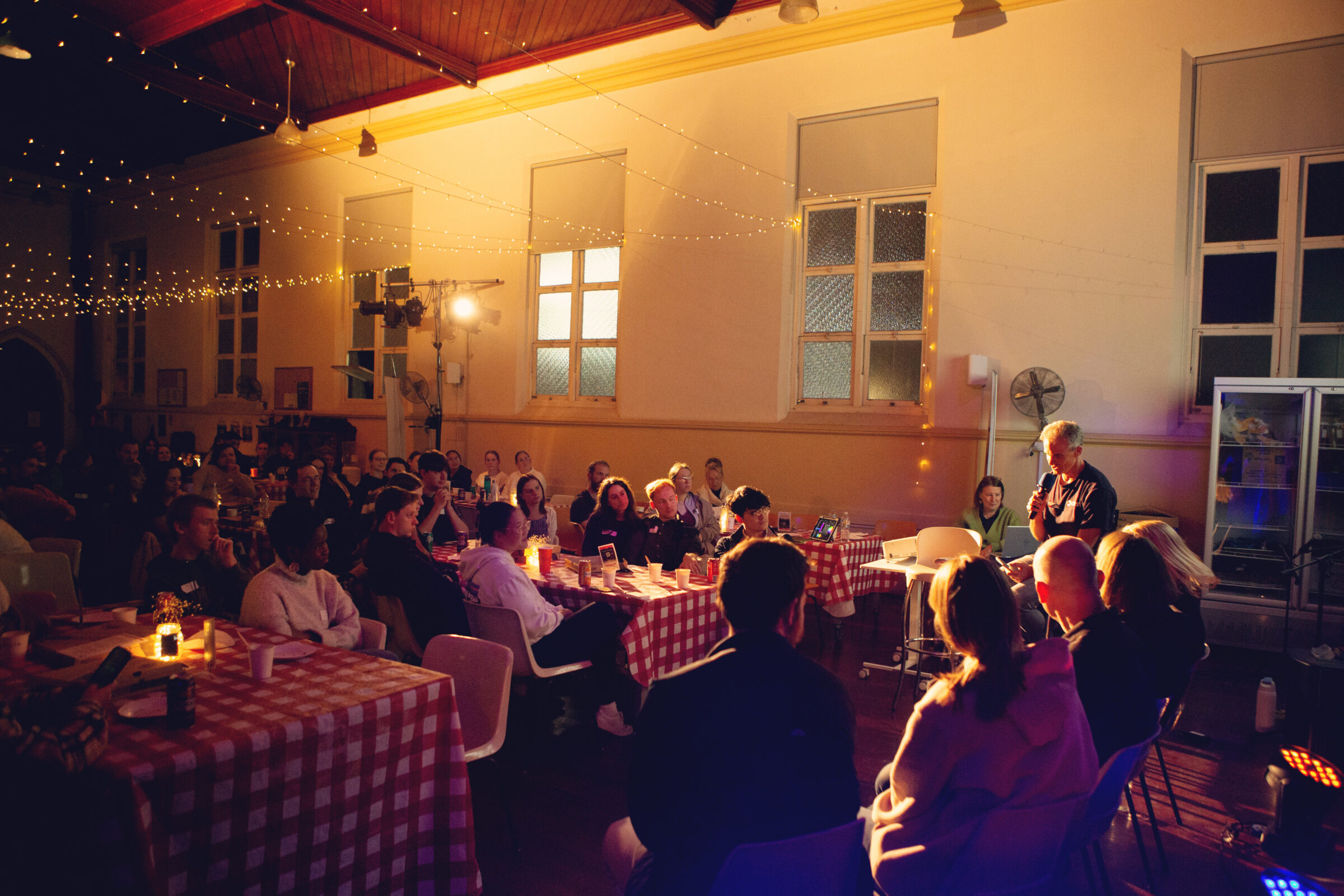reEncounter: Engaging young adults in mission
Across Australia, CMS branches regularly run events to engage supporters in God’s global mission. Recently, the Queensland and Northern NSW (QNNSW) branch held ‘reEncounter’, their inaugural event for young adults to consider what cross-cultural mission looks like in their lives. Over 70 attendees enjoyed a night of pizza, prayer, and presentations from missionaries Gillian Law (Italy), Bill & Linda Colyer (Vanuatu), D (Mentac), and M (Middle East).
Attendees also had the opportunity to participate in a Q&A session with the missionaries. Here, Gillian, Linda and M share some of their responses:
What was the hardest part of your second year on location?
M: I found it really hard to make friends. It took a lot of time, prayer and intentionality. Maybe this was because I wasn’t confident in Arabic yet, but it helped me to realise that people were very busy too. When I did make friends, I realised that this was a gift from God and not something to take for granted!
Gillian: Similarly, during my second year, I was only at a basic level in my understanding of Italian language and culture. Life in Italy moves much slower than you might expect; it was only towards the end of my first year that I was able to open a bank account! I had many friendly people around me, but it took five years to make good friends.
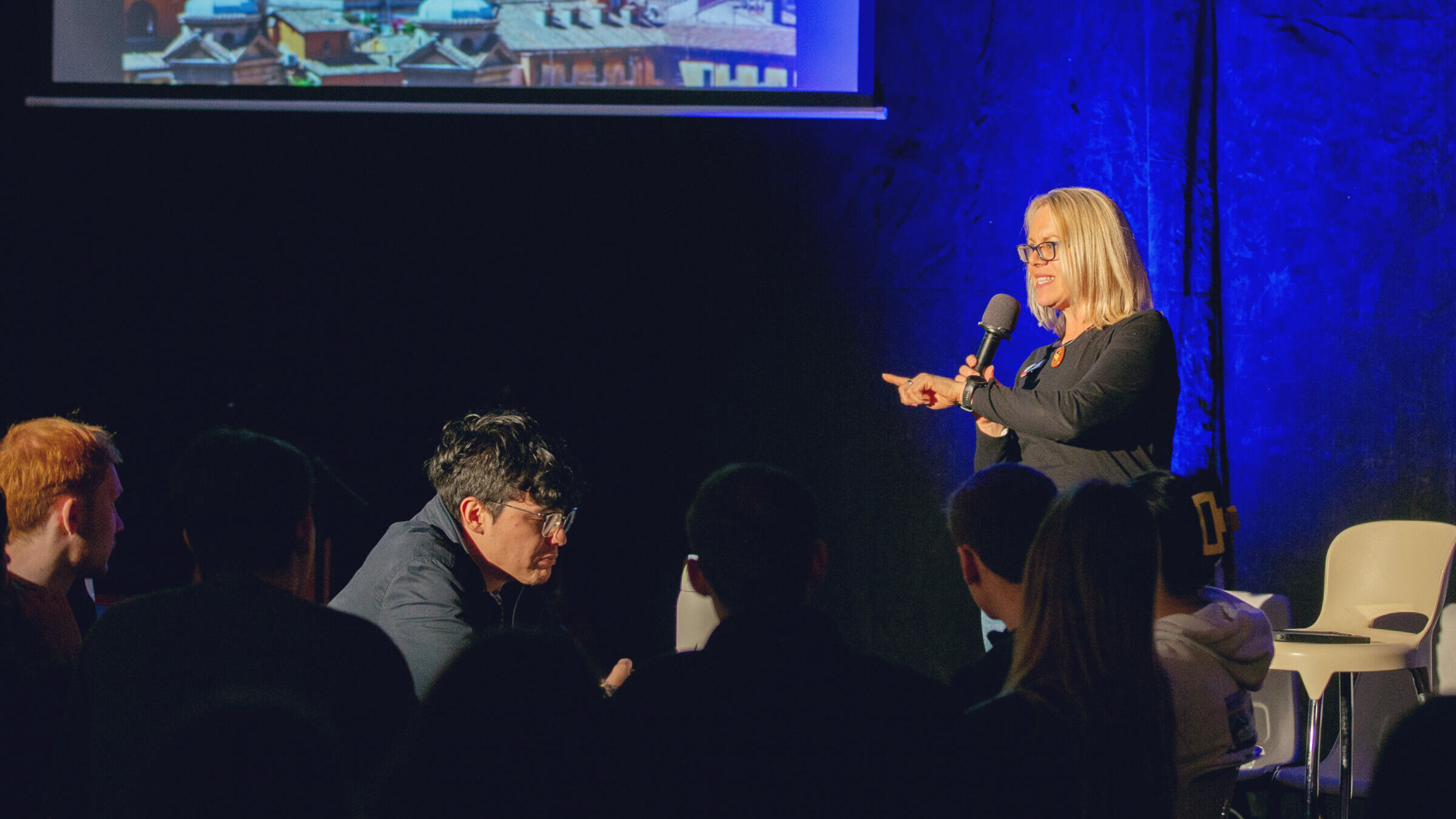
Did your prayers change to match the way people pray in your target culture? If so, was that a good thing?
M: When I pray with my Muslim friends, I often hold out my hands in front of me, with my palms faced upwards. This mirrors the way Muslims pray when they are requesting things from God. I don’t pray in the same way that Muslims do–using particular actions–because I don’t want my friends to think I have converted to Islam. My friends know who I’m praying to. They know that I follow and trust Jesus. I want to make sure that whatever I take from the culture, I am not giving the wrong signal about what I believe.
Gillian: I did change the way I pray, because now I pray in a different language. I still pray to the same Heavenly Father, but the way I express my relationship with him has changed, because I’m no longer talking in English, my first language.
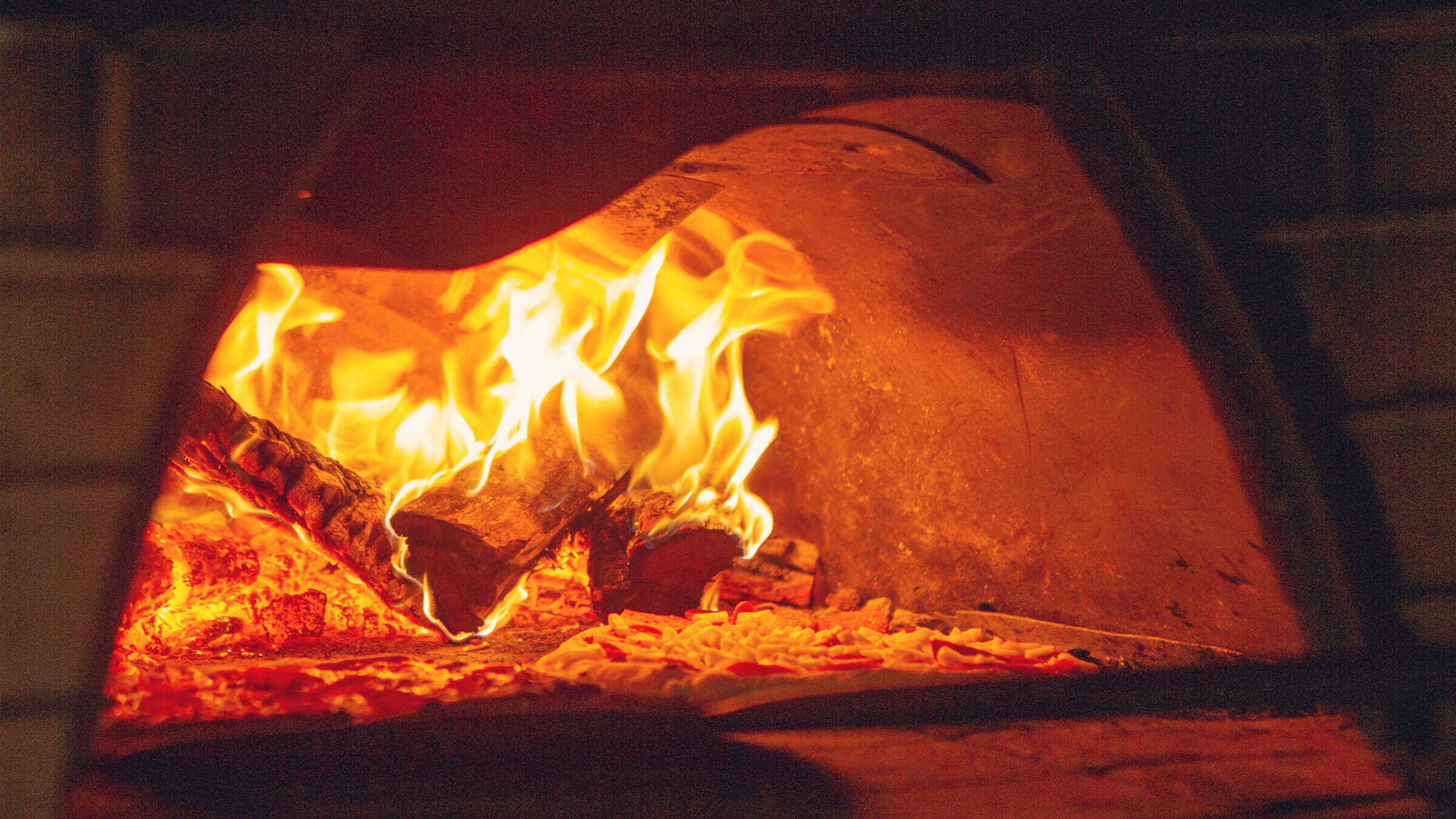
Do you ever experience struggles or doubts?
M: Yes! There are many things I have struggled with, which I try to be honest and open about. To follow Jesus is to serve out of our brokenness and weakness. The more you know me, the more you will realise that I am quite wobbly.
Linda: Yes! I went through a time of struggle and doubts a few years ago. As the wife of someone in ministry (when Bill served with AFES), it was hard to know who to talk to about my doubts. I found it hard even admitting my doubts to myself and to Bill! I kept meeting with God’s people, praying and reading the Bible. I felt lonely and sad. My Christian friends and Bible study groups helped me to keep going.
In God’s kindness, my struggles and doubts ended one day when he revealed himself to me in my heart, reminding me that he loved me enough to come down from heaven to die for me. In that moment, my faith was renewed, and my doubts eased.
Gillian: Yes! I still doubt that God is good and is for me, rather than against me. Recently, I had a long and nervous wait for a visa renewal, and so many doubts came into my mind: did God really want me to be in Italy? Was he punishing me for something I’d done? It’s hard to admit that I’m still learning to trust him.
I deal with these doubts by reminding myself that Jesus loves me because he died for me, that God is sovereign over everything. That God’s Spirit is and will always be with me, and that the devil is hard at work trying to make me doubt these truths.
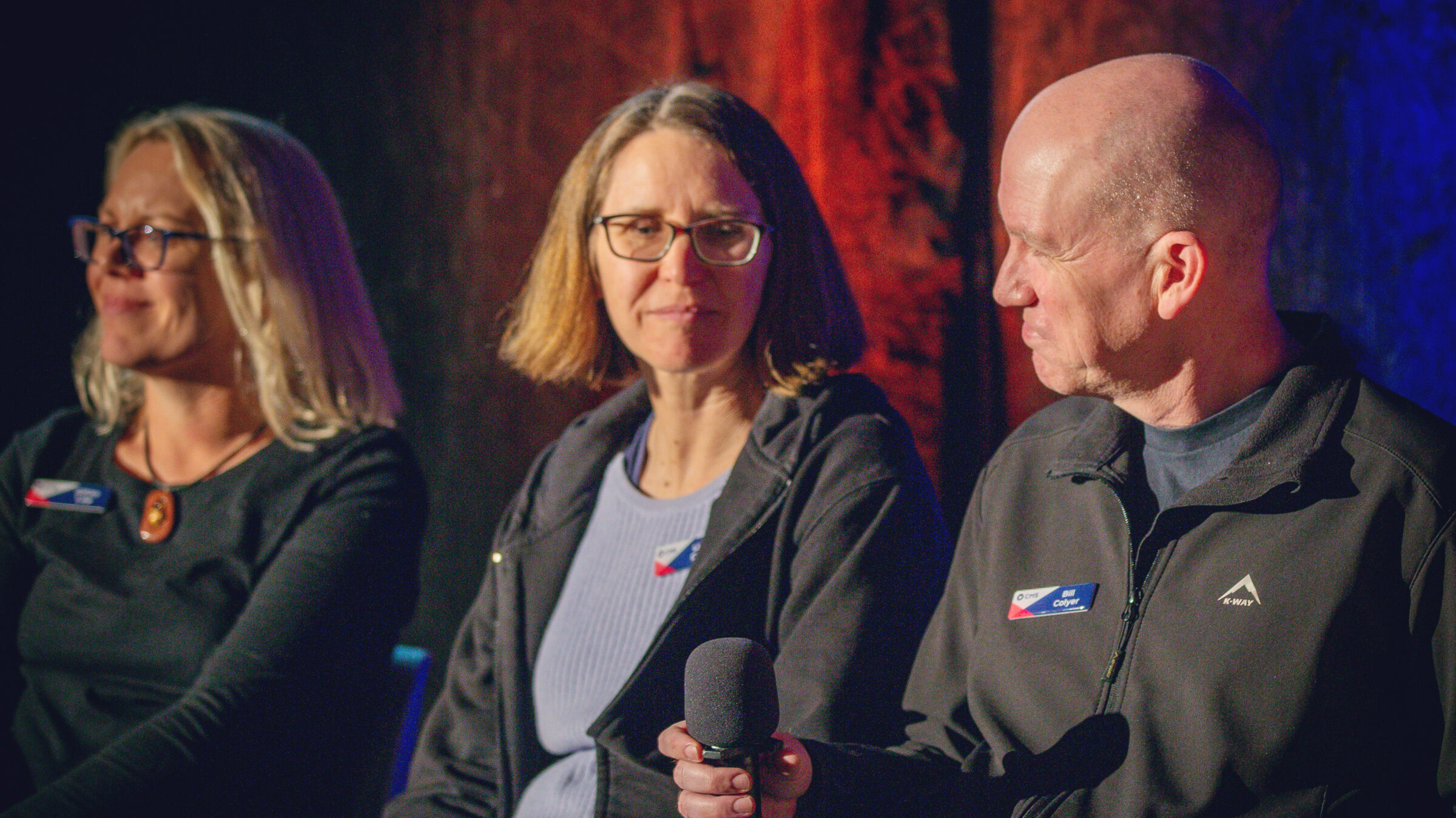
Do you feel discouraged if you don’t see people coming to faith? How do you deal with that?
M: This is slow work. We are praying for whole households to become believers. While I do occasionally hear awesome stories of this happening, it has not happened to me yet. We aren’t seeking to be impressive, but we are seeking to be faithful in the small things. The small things like showing kindness to a friend, sharing a Bible story with a scared child in our clinic, and praying for a mum that God will heal her sick child.
Gillian: I’m learning the importance of preaching the gospel to both students who aren’t Christians, as well as students who are Christians. I want to ensure that they remain in the faith through these often isolating and challenging years. As much as I’d love to see more people become believers, I am also encouraged to see young people finish uni stronger in their faith, and better equipped to live and work for Jesus.
For those working among Muslim people, what is the balance between living in the culture and standing out as a Christian (i.e. do you attend Ramadan festivities or wear a Hijab?)
M: There are many things to think through as we consider our context. We desire to be immersed in the culture without as we can without burning out or blending in so much that people are confused and wonder if we have converted to Islam. For example, I am happy to break the fast with friends, and visit homes during Eid to celebrate their holiday, but I will not wear a hijab.
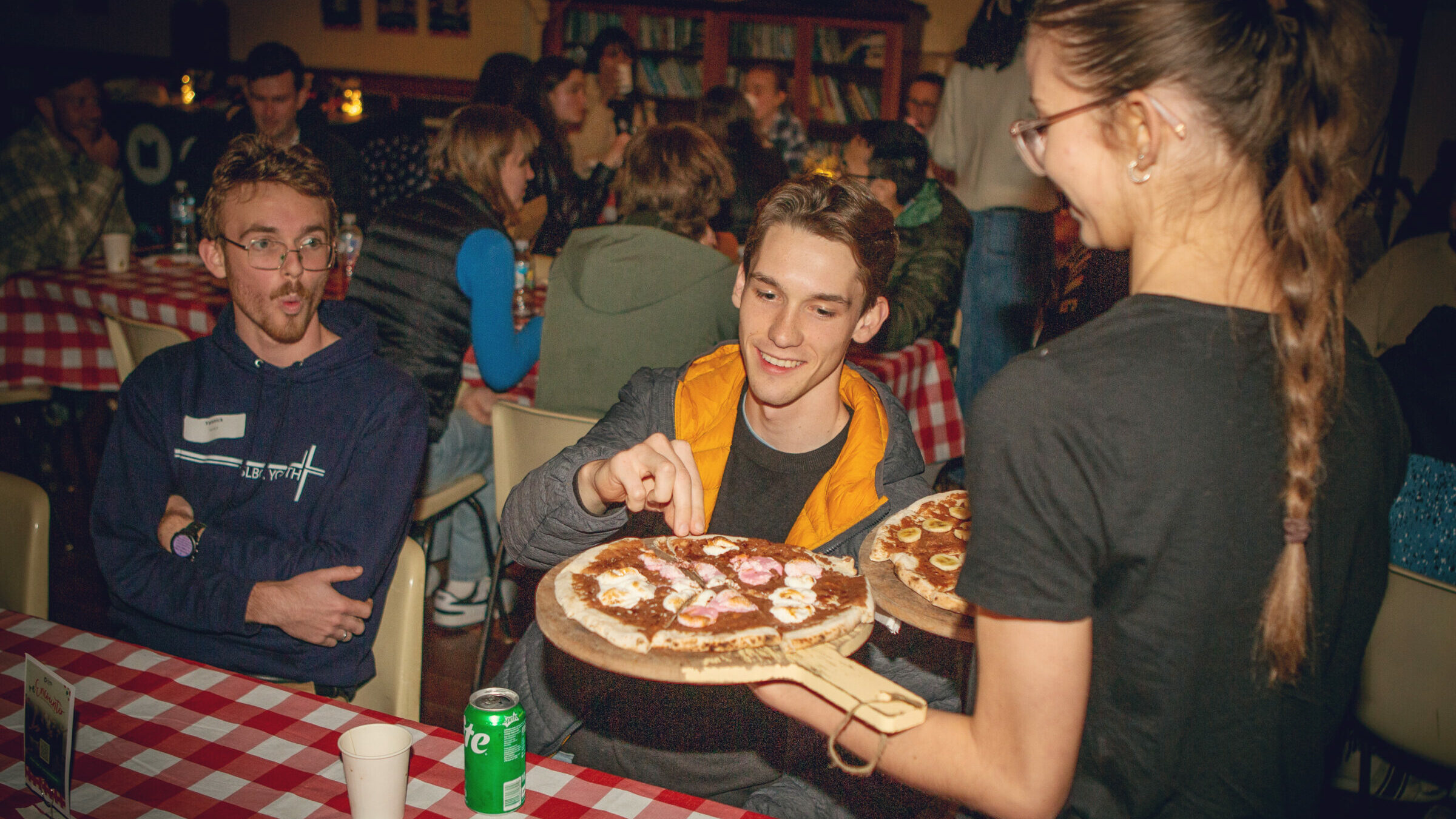
How and why did you decide to go with CMS? Do you think it is important who you are sent with?
Gillian: Yes, I think it is really important. The main reason I chose CMS was because I knew them–through their conferences, and CMS missionaries visiting church and uni conferences.
CMS, and the other organisations I considered, have several things in common that I think are important:
- They prioritise preaching the gospel. Everything else–such as medical work, church planting, development work, theological education–serves this priority.
- They prioritise partnerships with local churches and Christian organisations, rather than working independently.
- They prioritise learning language and culture as a crucial part of mission, not simply a precursor.
- They provide practical and pastoral care to missionaries, both on location and in Australia.
- The training they expect and provide: CMS requires at least one year of Bible college, and provides excellent training at St Andrews Hall.
- Their attitude to money and fundraising: CMS puts money in ‘second place’, it’s important but not of first importance in decision making.
- The have a thorough application process. The process with CMS is rigorous, with several interviews, much prayer, and a long form. CMS wants to know their applicants, and work alongside them to see if it is wise to go cross culturally, before finding a suitable location.
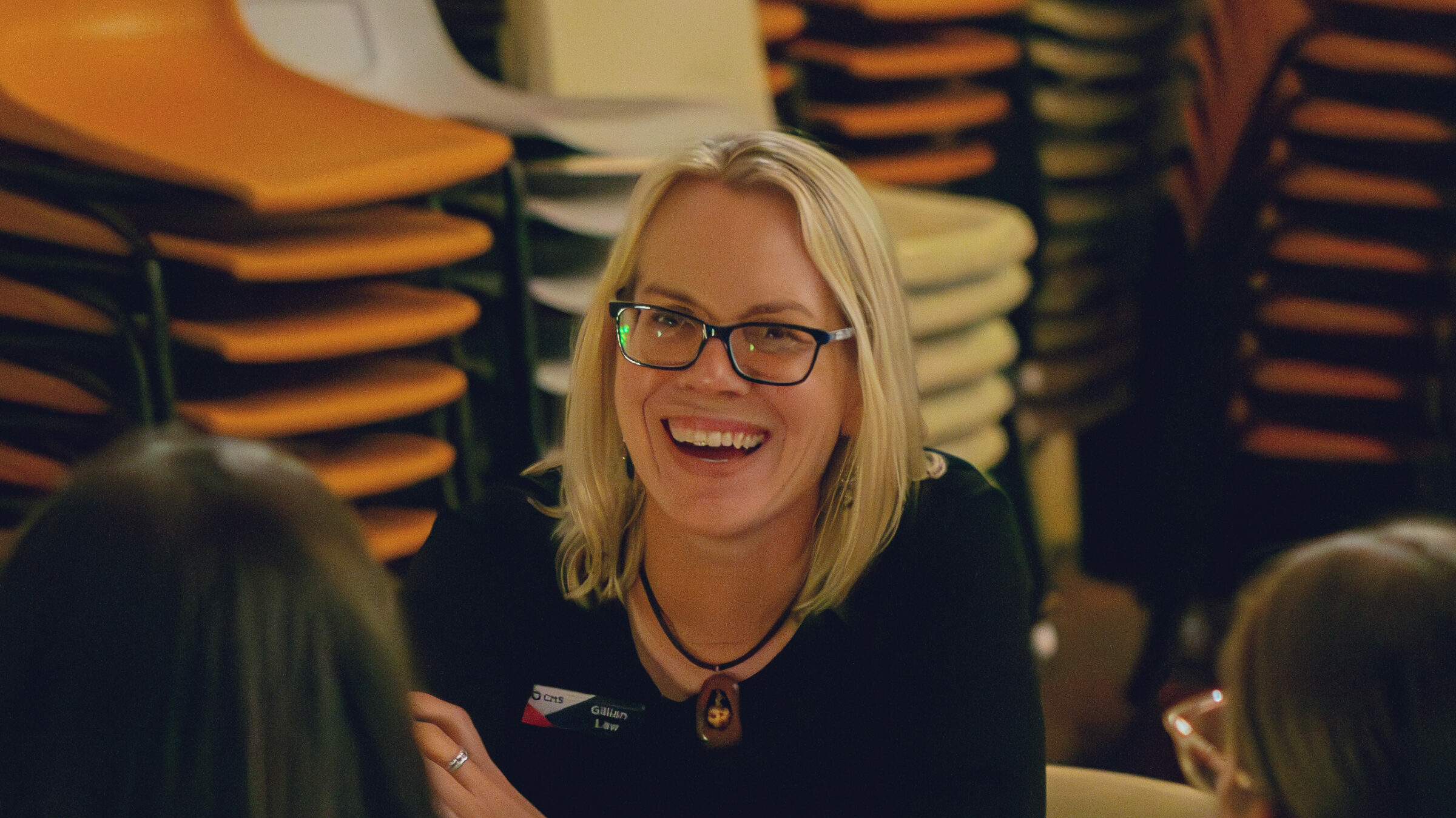
You mentioned sacrifice in your presentations. Was there ever a time when you wanted to come home? How did you overcome this? Were there any practical things that sustained you in the long-term?
M: Yes, at different times I have faced real difficulties and I have wanted to come home. For a time, I had depression, and I was really struggling. I know other workers who have faced similar struggles. At one point, I had to move to a new city, where I had fewer friendships and less support around me. During this season, I had counselling sessions on Zoom, tried to build new relationships, and was really dependent on God for his help and strength. My Bible reading and prayer journalling was so important.
Gillian: In God’s kindness, I have never reached the point where I have wanted to come home. However, there have been some very hard times. I was aware beforehand that these times would come, and so was realistic and adjusted my expectations accordingly. When the hard times came (and will come again), I can be realistic and mourn the losses. There is a sacrifice that we make to serve Jesus, whether in Australia or cross–culturally. But it’s completely worth it. Jesus never lets you down.
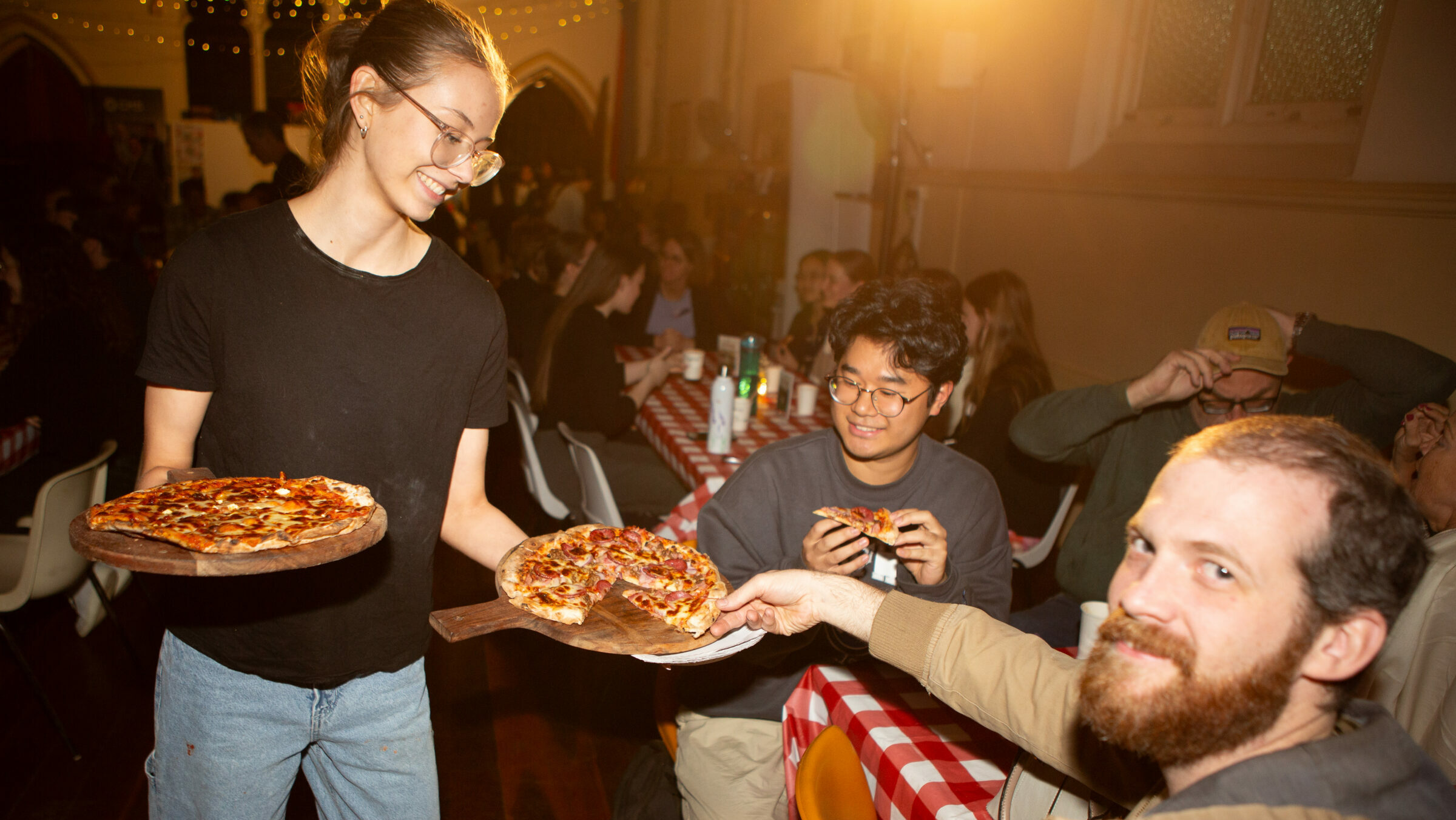
How do you deal with loneliness on location?
M: This has been hard for me. Elisabeth Elliot said that loneliness can lead to solitude, and solitude can lead to prayer. Sometimes, you cannot run away from loneliness. However, this drives you to be more dependent on God’s Word for comfort and hope, and more dependent in prayer as you lament and pour out your heart to him.
I am so grateful for friendships and have been intentional in spending time with friends. We started a group to help connect fellow Gospel workers, which has been a blessing. I took on the role of organising prayer meetings for my company, which has also helped me to feel more connected with others and deepen friendships.
Gillian: Loneliness is hard for me too. It can take a long time to grow deep relationships when you can’t speak the language, and where there are many cultural differences. I have learned to be patient. It took over five years for me to make good friends who I feel at ease with. I have learnt just how wonderful Jesus is as a friend, even if I can’t go on holidays or out for pizza with him! I have also learnt to look for friends in unexpected contexts, such as a running group.
CARE

There are many ways to partner with and support CMS missionaries. Why not sign up to receive a prayer newsletter, or write an email to tell a missionary you’re praying for them? Click here for more ideas on how to care for missionaries!
Photo credit: John Board–QCE Collective
































































































